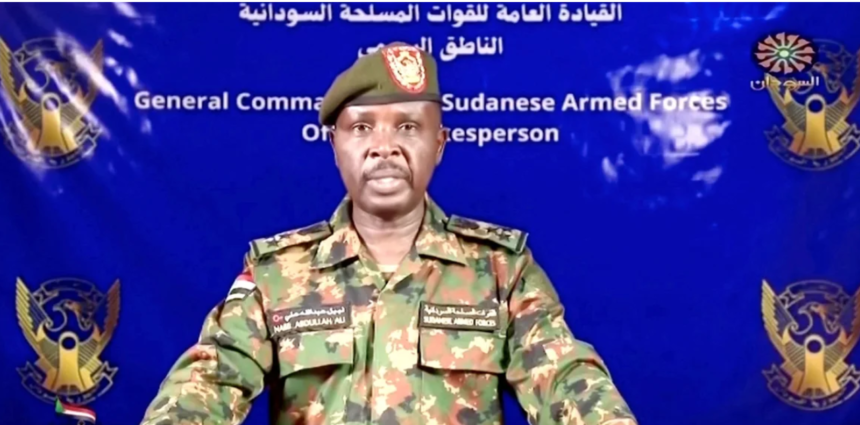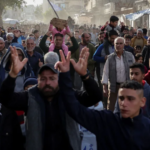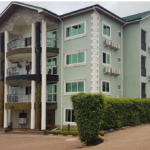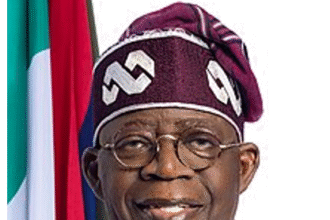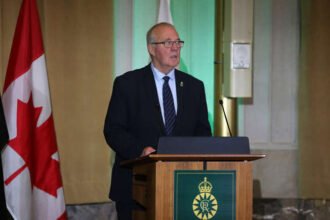Khartoum, Sudan – The Sudanese Armed Forces (SAF) announced today that they have successfully reclaimed the Presidential Palace in Khartoum after weeks of intense fighting with the paramilitary Rapid Support Forces (RSF). The announcement comes after a renewed military push to dislodge the RSF from the heart of the capital, marking a potentially significant, albeit fragile, gain for the army in the ongoing conflict.
According to sources within the SAF, a coordinated offensive involving ground troops and air support enabled them to push back RSF fighters who had occupied areas surrounding the Presidential Palace for several weeks. Videos circulating on social media, which could not be independently verified, appeared to show soldiers raising the Sudanese flag above the palace, a symbolic victory in the battle for control of Khartoum.
“Our brave soldiers have liberated the Presidential Palace from the grip of the rebel RSF militia,” a SAF spokesperson stated in a televised address. “This victory is a testament to the unwavering will of the Sudanese Armed Forces to protect our nation and its institutions.”
However, despite the SAF’s claims, the situation on the ground remains volatile. Witnesses reported continued heavy clashes in other parts of Khartoum and surrounding areas, indicating that the RSF still maintains a strong presence. The RSF has yet to issue an official statement acknowledging the loss of the Presidential Palace and fighting is expected to continue.
“The situation is far from over,” said Ahmed Omar, a Khartoum resident who spoke by phone amidst the sound of gunfire. “The fighting is still raging in many neighborhoods. We are trapped in our homes, terrified.”
The RSF has laid siege to Khartoum and the Sudanese seat of power since the start of the war. Last Friday, the government said its troops had seized control of the Presidential Palace and would continue its push to retake the capital.
“Today the flag is raised, the palace is back, and the journey continues until victory is complete,” information minister Khalid Al-Aiser wrote on X.
The conflict, which erupted in mid-April, stems from a power struggle between General Abdel Fattah al-Burhan, head of the SAF and de facto leader of Sudan, and General Mohamed Hamdan Dagalo, known as Hemedti, commander of the RSF. The fighting has led to a humanitarian crisis, with hundreds killed, thousands injured and displaced, and vital infrastructure severely damaged.
International efforts to mediate a ceasefire and facilitate a peaceful resolution have so far failed to produce lasting results. The United Nations and various regional powers have repeatedly called for an immediate end to hostilities and a return to dialogue.
Analysts warn that the recapture of the Presidential Palace, while a strategic victory for the SAF, is unlikely to bring a swift end to the conflict. The RSF remains a formidable force, deeply entrenched in Khartoum and other key areas of the country.
“This is a significant development, but it’s just one battle in a larger war,” said Dr. Fatim Ali, a Sudanese political analyst. “The RSF still controls vital infrastructure and has a strong network of support. The fighting could escalate further, leading to even more bloodshed and suffering.”
The international community is urging both sides to return to negotiations and prioritize the safety and well-being of the Sudanese people. The continued fighting threatens to destabilize the entire region and further exacerbate the already dire humanitarian situation in the country.


